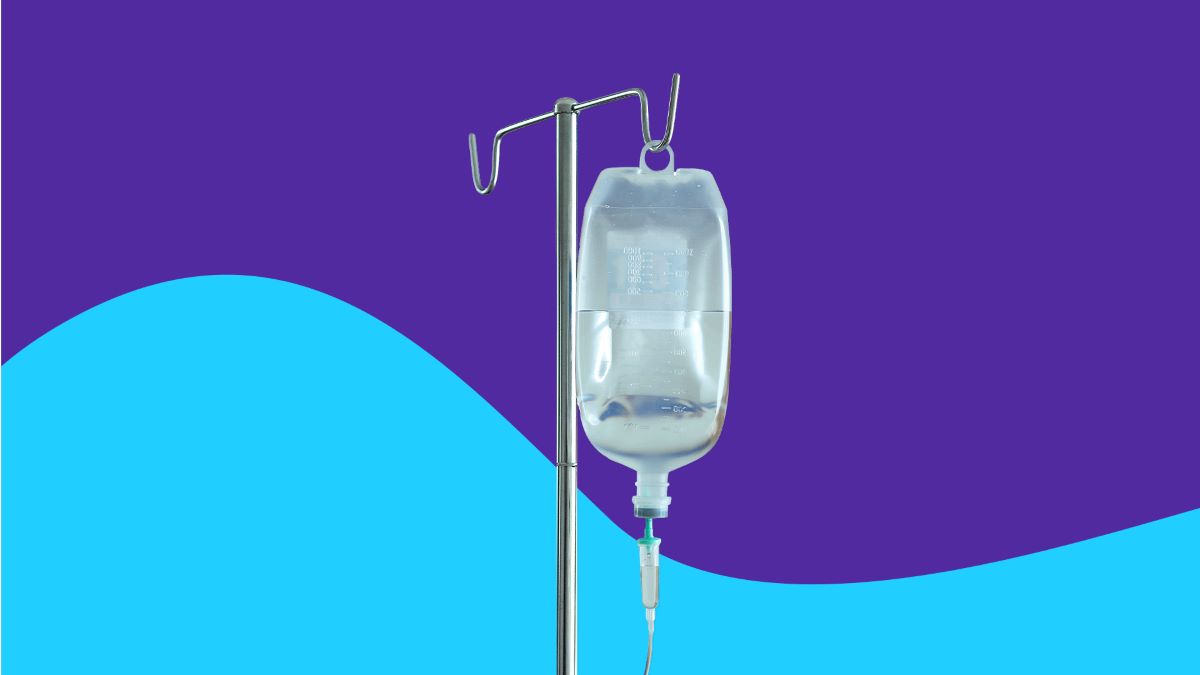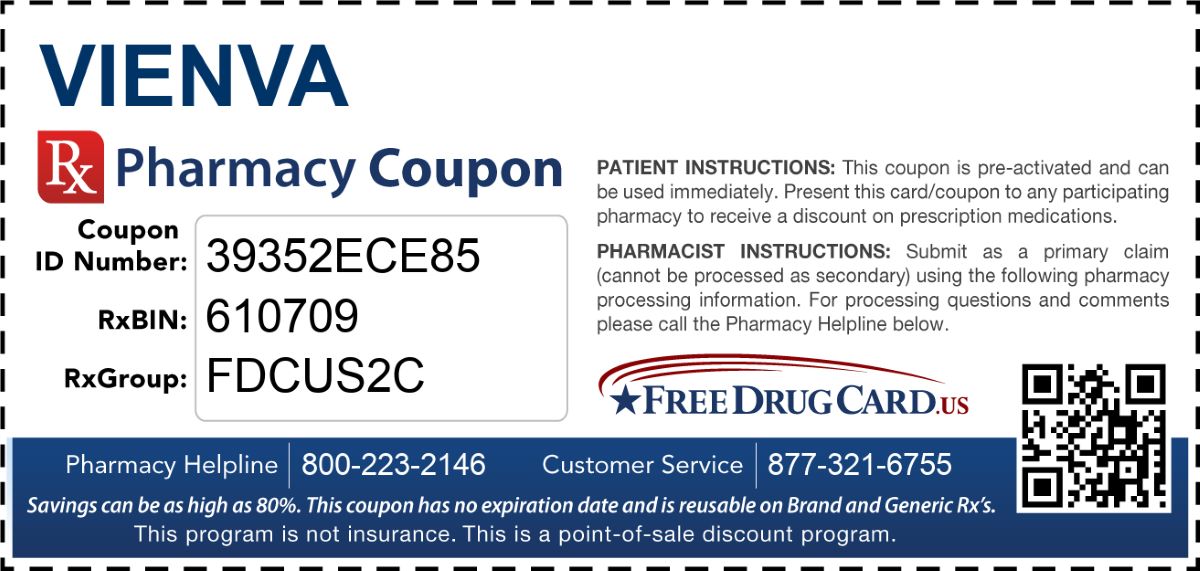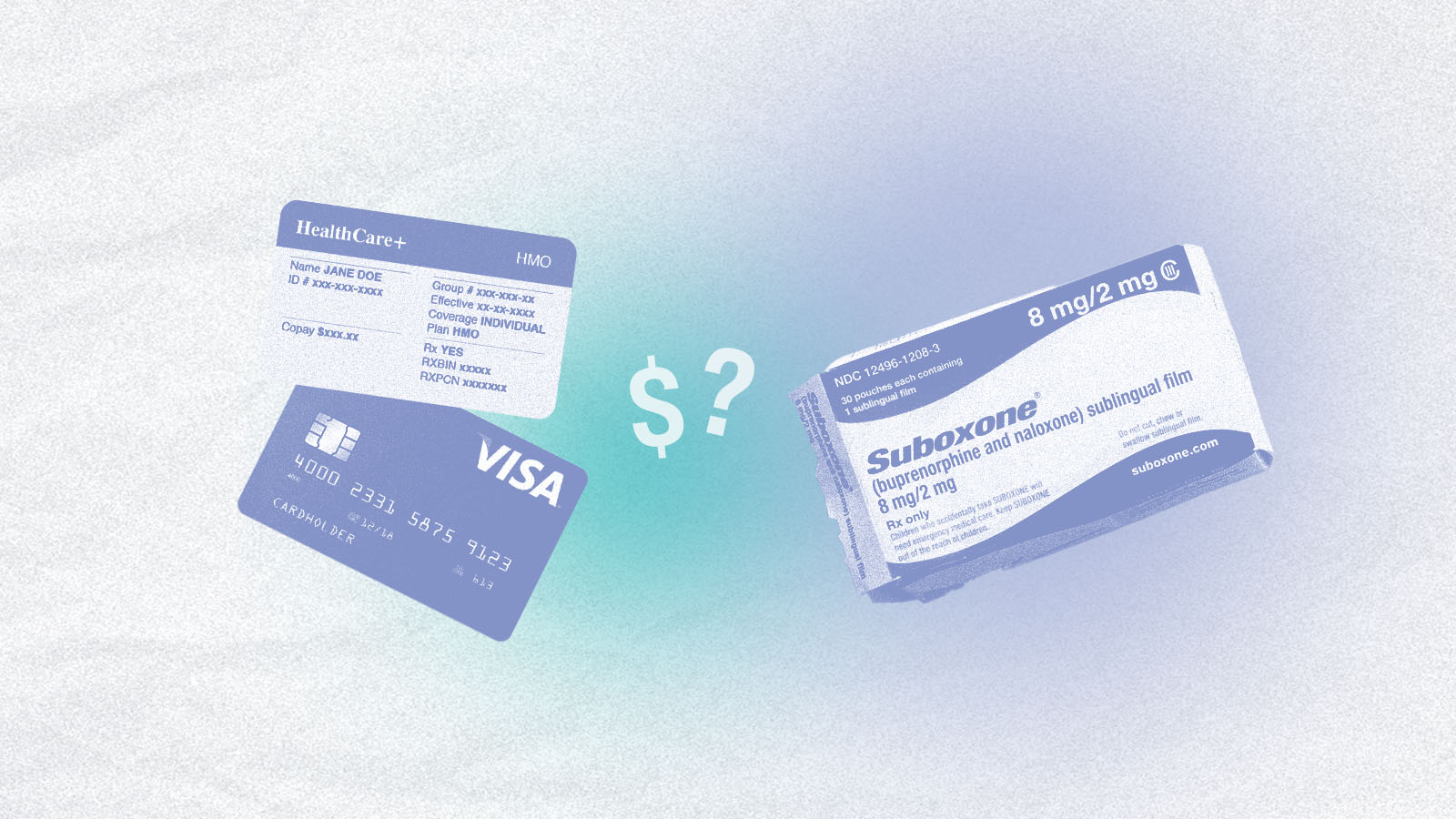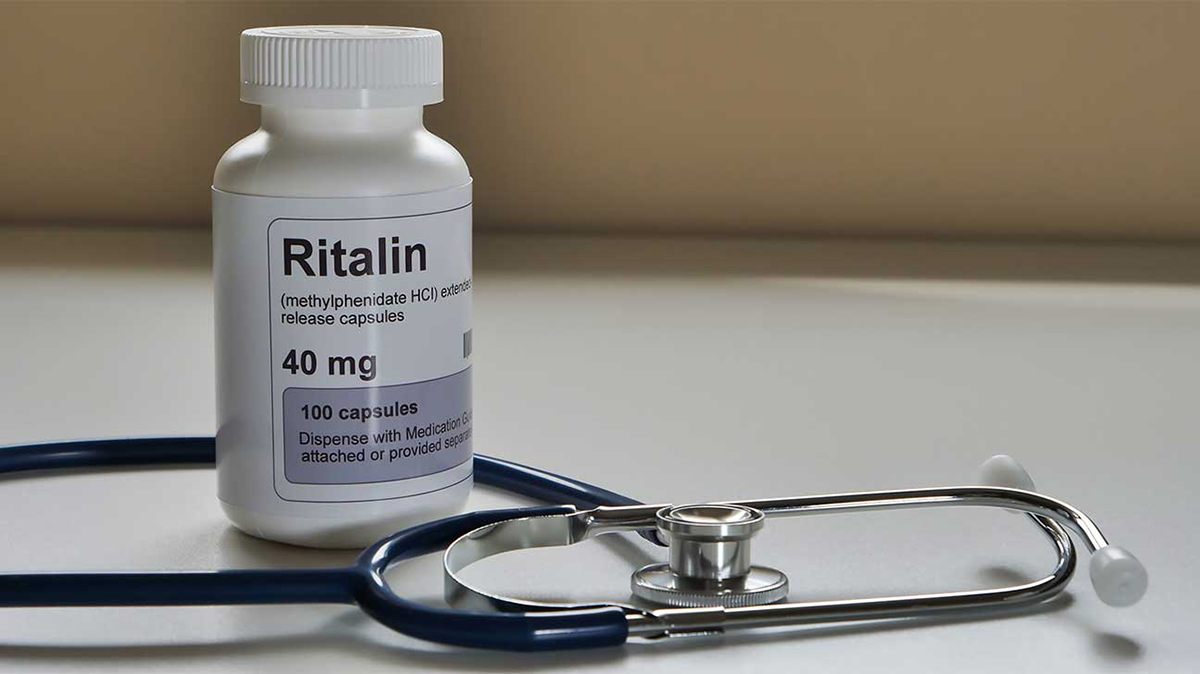

Finance
How Much Is Remicade Without Insurance?
Published: November 16, 2023
Learn how much Remicade costs without insurance and find financial options to help cover the expenses. Find out more about financing options for Remicade treatments.
(Many of the links in this article redirect to a specific reviewed product. Your purchase of these products through affiliate links helps to generate commission for LiveWell, at no extra cost. Learn more)
Table of Contents
Introduction
When it comes to managing chronic conditions such as Crohn’s disease or ulcerative colitis, finding the right treatment is crucial. Remicade, a medication belonging to a class of drugs known as biologics, is often prescribed to help alleviate the symptoms of these conditions. However, the cost of Remicade can be a significant burden, especially for those without insurance coverage.
Remicade works by targeting and suppressing an overactive immune system, which plays a key role in the development of inflammatory bowel diseases like Crohn’s disease and ulcerative colitis. By doing so, Remicade helps reduce inflammation in the gastrointestinal tract and provides relief from symptoms such as abdominal pain, diarrhea, and rectal bleeding.
Unfortunately, the high price of Remicade without insurance can be daunting for many individuals. The total cost can vary depending on factors such as dosage, frequency of administration, and the provider from which it is obtained. Patients without insurance coverage for Remicade may find themselves facing expenses that are out of reach for their budget.
However, it’s important to keep in mind that there are options available to help mitigate the cost of Remicade. From seeking financial assistance to exploring alternative treatment options, individuals can explore various avenues to manage their condition without breaking the bank. This article delves into the cost of Remicade without insurance, factors affecting its price, and potential solutions for those in need of financial assistance.
It’s crucial to understand the financial implications of Remicade and explore alternative options for managing Crohn’s disease or ulcerative colitis for those who may not have insurance coverage. By equipping yourself with knowledge, you can make informed decisions about your treatment options and find the most cost-effective solutions that meet your healthcare needs.
Understanding Remicade
Remicade, also known by its generic name infliximab, is a medication that falls under the category of biologic drugs. Biologics are a type of treatment derived from living organisms, utilizing proteins that target specific molecules in the body’s immune system.
Remicade is primarily used to treat inflammatory bowel diseases such as Crohn’s disease and ulcerative colitis. These conditions are characterized by chronic inflammation of the digestive tract, leading to various symptoms including abdominal pain, diarrhea, rectal bleeding, and weight loss.
As a biologic, Remicade works by targeting a specific protein called tumor necrosis factor alpha (TNF-alpha). TNF-alpha is a key molecule involved in the development of inflammation in the body. By blocking the action of TNF-alpha, Remicade helps to reduce inflammation in the gastrointestinal tract, providing relief from symptoms and improving the quality of life for those with Crohn’s disease or ulcerative colitis.
Remicade is administered through intravenous infusion, meaning it is delivered directly into a vein. The dosage and frequency of administration can vary depending on factors such as the severity of the condition and the individual patient’s response to the treatment.
It’s important to note that Remicade is a prescription medication and should only be used under the guidance of a healthcare professional. They will assess the patient’s condition, evaluate the potential benefits and risks, and determine if Remicade is the appropriate treatment option.
While Remicade can be highly effective in managing the symptoms of Crohn’s disease and ulcerative colitis, it is essential to consider the cost of this medication, especially for individuals without insurance coverage. Understanding the financial aspects of Remicade can help patients navigate their options and seek assistance if needed.
The Cost of Remicade Without Insurance
The cost of Remicade without insurance can vary significantly depending on several factors, including the dosage, the frequency of administration, and the provider from which it is obtained. On average, without insurance coverage, a single Remicade infusion can cost around $1,300 to $2,500.
Since Remicade is typically administered in multiple infusions over a period of time, the cost of treatment can quickly escalate. For example, a patient receiving four infusions in a year could be looking at a total cost of $5,200 to $10,000. This financial burden is a major concern, especially for individuals without insurance coverage.
It’s important to note that the costs mentioned here are approximate figures and can vary based on various factors, including geographic location, healthcare provider, and discounts or assistance programs available. Without insurance coverage, many individuals may find it challenging to afford the full cost of Remicade and may need to consider alternative options.
Fortunately, there are avenues to explore to help alleviate the financial burden of Remicade. The first step is to check if you qualify for any financial assistance or patient support programs. Pharmaceutical companies and non-profit organizations often provide assistance programs that can help offset the cost of medications like Remicade.
You can also reach out to your healthcare provider and inquire if they offer any discounts or payment plans for patients without insurance. Additionally, some community clinics or hospitals may have financial assistance programs in place for individuals who cannot afford the full cost of their medications.
Another option to explore is the use of biosimilar versions of Remicade. Biosimilars are similar in structure and efficacy to Remicade but may be available at a lower cost. These alternatives can be a more affordable option for individuals without insurance coverage, but it’s important to consult with a healthcare professional to determine if they are a suitable choice for your specific condition.
Ultimately, the cost of Remicade without insurance can be prohibitive for many individuals. However, by exploring different avenues for financial assistance, such as patient support programs and biosimilars, it is possible to make the treatment more affordable and accessible for those in need.
Factors Affecting the Price of Remicade
The price of Remicade can vary depending on several factors that influence the overall cost of the medication. Understanding these factors can help individuals anticipate and navigate the financial implications of Remicade without insurance coverage.
1. Dosage and Frequency: Remicade is typically prescribed based on the individual patient’s condition and the severity of their symptoms. The dosage of Remicade can vary, and the frequency of administration may range from once every few weeks to once every few months. Higher dosages and more frequent infusions can significantly impact the cost of treatment.
2. Healthcare Provider: The cost of Remicade can differ among various healthcare providers. The price may vary depending on individual hospital or clinic pricing structures, negotiated rates with insurance companies, and location. It’s advisable to compare prices and explore different providers to find the most cost-effective option.
3. Geographic Location: The geographic location can influence the cost of Remicade without insurance. Prices may vary between different states or regions due to factors such as local market dynamics, cost of living, and healthcare infrastructure. Higher cost areas may result in higher medication prices.
4. Pharmacy Markup: Depending on where you obtain Remicade, the pharmacy may apply a markup that contributes to the final price you pay. Comparing prices between different pharmacies can help you find cost savings, especially if there are pharmacies that offer discounts or have lower markups.
5. Lack of Insurance Negotiations: When insurance is not involved in the purchasing process, there may be a lack of negotiated rates or discounts. Insurance companies often have negotiated prices with pharmaceutical manufacturers, which can significantly reduce the cost of Remicade. Without insurance, you may not have access to these negotiated rates.
It’s important to note that these factors are not exhaustive, and there may be additional factors influencing the price of Remicade. Consulting with healthcare providers and exploring different providers in your area can help shed light on the specific cost considerations for your situation.
By understanding the various factors that contribute to the pricing of Remicade, individuals can make informed decisions and explore alternative options to manage their condition effectively without incurring excessive financial burdens.
Seeking Financial Assistance for Remicade
For individuals without insurance coverage, the cost of Remicade can be overwhelming. However, there are options available to seek financial assistance and make the medication more affordable. Here are some avenues to explore:
1. Pharmaceutical Patient Assistance Programs: Many pharmaceutical companies offer patient assistance programs to help individuals who cannot afford the cost of their medications. These programs may provide Remicade at a reduced cost or even for free, depending on the eligibility criteria. You can visit the pharmaceutical company’s website or contact their customer service to inquire about the availability of such programs.
2. Non-Profit Organizations: There are non-profit organizations that provide financial assistance for individuals in need of costly medications. These organizations may offer grants or other forms of support to help cover the cost of Remicade. Some examples include the Patient Access Network Foundation and the HealthWell Foundation.
3. Medicaid or Medicare Coverage: Depending on your eligibility, you may be able to qualify for Medicaid or Medicare coverage, which can significantly reduce the cost of Remicade. Medicaid is a government program that provides healthcare coverage for individuals with limited income, while Medicare is a federal health insurance program for people aged 65 and above or those with certain disabilities.
4. Manufacturer Co-pay Assistance Programs: Some pharmaceutical manufacturers offer co-pay assistance programs that can help reduce out-of-pocket expenses for individuals with insurance. While these programs may not directly apply to those without insurance, they can still be helpful for those who have insurance coverage but face high co-payments.
5. Community Health Clinics: Community clinics may provide medical services at a reduced cost or on a sliding scale based on income. They may have resources or connections to help individuals access affordable medications like Remicade. Research community clinics in your area and reach out to them for assistance.
6. Clinical Trials: Participating in a clinical trial may provide access to experimental treatments, including biologic medications like Remicade, at no cost. Clinical trials can be a viable option for individuals who meet the study criteria and are willing to contribute to scientific research.
It’s essential to research and reach out to various resources to explore the available financial assistance options for Remicade. Each program may have specific eligibility requirements, so it’s important to review the criteria and provide any necessary documentation to support your application.
Remember, seeking financial assistance may require some time and effort, but it can significantly alleviate the financial burden of Remicade and make the medication more accessible for those in need.
Alternative Options for Managing Crohn’s Disease or Ulcerative Colitis Without Remicade
While Remicade can be an effective treatment option for managing Crohn’s disease or ulcerative colitis, it may not be feasible for everyone due to the high cost or other considerations. Fortunately, there are alternative options available to help individuals manage their condition effectively. Here are some alternatives to consider:
1. Other Biologic Medications: There are several other biologic medications similar to Remicade that are used to treat Crohn’s disease and ulcerative colitis. These include medications such as Humira (adalimumab), Entyvio (vedolizumab), and Stelara (ustekinumab). Consult with your healthcare provider to explore these alternative biologic treatments that may be more affordable or have financial assistance options available.
2. Immunosuppressants: Immunosuppressants such as azathioprine, mercaptopurine, or methotrexate may be prescribed as an alternative to Remicade. These medications work by suppressing the immune system, reducing inflammation, and managing symptoms of Crohn’s disease or ulcerative colitis. They are often less expensive than biologic drugs but may have their own set of side effects and considerations.
3. Corticosteroids: Corticosteroids like prednisone or budesonide can be used to manage acute flare-ups of Crohn’s disease or ulcerative colitis. These medications help to reduce inflammation and alleviate symptoms, but they are typically not recommended for long-term use due to potential side effects. Nevertheless, they can be an effective option for short-term symptom relief while exploring other treatment alternatives.
4. Dietary Changes: Making dietary modifications can play a crucial role in managing Crohn’s disease or ulcerative colitis symptoms. Working with a registered dietitian or nutritionist specializing in gastrointestinal disorders can help create a personalized plan that identifies trigger foods and recommends a suitable diet to minimize flare-ups and promote gut health.
5. Lifestyle Changes: Adopting a healthy lifestyle can contribute to better disease management. Regular exercise, stress reduction techniques, and getting enough sleep can positively impact symptoms and overall well-being. Engaging in activities that promote relaxation and implementing stress management strategies can be particularly beneficial for individuals with inflammatory bowel disease.
6. Support Groups and Therapy: Joining support groups or attending therapy sessions can provide emotional and psychological support for individuals dealing with Crohn’s disease or ulcerative colitis. These resources can offer guidance, coping strategies, and the opportunity to connect with others who are going through similar experiences.
It’s crucial to remember that finding the right treatment approach for Crohn’s disease or ulcerative colitis may require trial and error. What works for one person may not work for another, so it’s important to work closely with a healthcare provider to explore alternative options and find the most suitable treatment plan.
While Remicade may be the ideal choice for some, there are other viable alternatives that can offer relief and help individuals manage their condition without relying on Remicade alone.
Conclusion
Managing chronic conditions like Crohn’s disease or ulcerative colitis can be challenging, especially when faced with the high cost of medications like Remicade without insurance coverage. However, by understanding the options available and seeking financial assistance, individuals can navigate these challenges and find alternative solutions for managing their condition effectively.
Throughout this article, we have explored the cost of Remicade without insurance and the factors that influence its price. While the financial burden may seem overwhelming, it’s crucial to remember that there are avenues to explore for assistance.
Seeking financial assistance through patient support programs, non-profit organizations, or manufacturer co-pay assistance programs can provide relief to individuals who are unable to afford the full cost of Remicade. Additionally, exploring alternative biologic medications, immunosuppressants, or opting for dietary and lifestyle changes can help individuals manage their condition without solely relying on Remicade.
It’s important to take a proactive approach in seeking the best possible solution for managing Crohn’s disease or ulcerative colitis. By working closely with healthcare providers, exploring available resources, and considering alternative options, individuals can find a treatment plan that is both effective and financially viable.
Remember, everyone’s journey with these conditions is unique, and what works for one person may not work for another. It’s crucial to consult with healthcare professionals, stay informed, and advocate for yourself to ensure you receive the most appropriate and affordable care.
Managing Crohn’s disease or ulcerative colitis without insurance coverage for Remicade may require some extra effort, but with persistence and the right support, it is possible to find a solution that allows you to effectively manage your condition while minimizing the financial burden.














